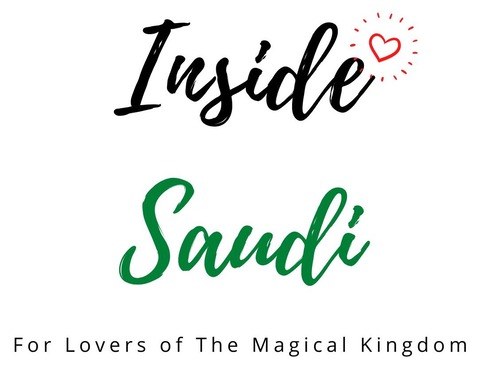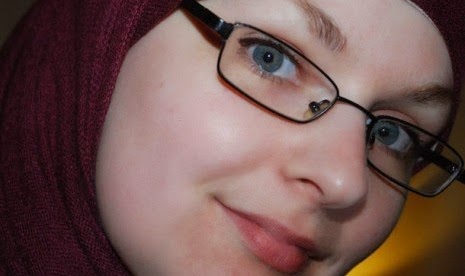
Teresa Corbin is an American Muslim convert. Previously, she was Catholic and a feminist who found that principles of Islam resonated with her outlook.
Though it is difficult being a Muslim in the current climate of hatred and prejudice, Teresa finds it all to be very worthwhile.
1. When Did You Convert To Islam?
I converted to Islam in November 2001. I was 21 years of age and living in Baton Rouge, Louisiana.
2. What Was Your Religion Before You Became Muslim?
I was raised as a Creole Catholic and with an Irish atheist parent.
3. Why Did You Convert To Islam?
Over a period of many years, I constantly questioned God, religion, human nature, and puzzled over questions of the universe.
When I was 15, I started to challenge my Catholic religion. When I asked my teachers and priests, they were unable to provide me with satisfactory answers.
First, I studied and questioned all the world’s religions. My questioning led me to learn about Islamic history and religious dogma.
4. Why Did You Choose Islam?
I came to understand that Islam is not a cult or culture. Rather, it is a world religion that teaches us tolerance and justice.
It shows us how to honor and be patient with people, how to be modest and to achieve a balanced outlook on life.
5. What Did You Discover About Islam?
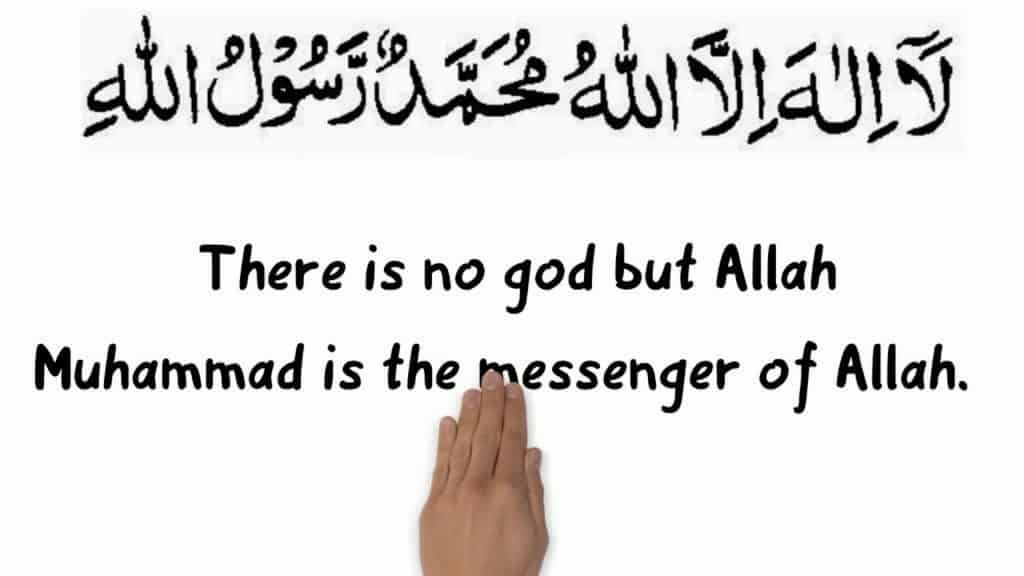
As I studied the religion, I found that the principles of Islam resonated with me. I found it great that it teaches Muslims to respect all of God’s prophets from Moses (AS) to Jesus (AS) and Mohammed (SAW).
Islam appeals to my intellect and I found inspiration in the quote by Prophet Mohammed (SAW) who said:
‘The gathering of knowledge is compulsory for every Muslim, man or woman.’ Prophet Mohammed Fatwa
Islam teaches us to seek out answers and to use the intellect to question and inquire of the world around us.
I was astounded to learn that Muslims actually embrace science and rationality.
In history, I reminded of Al Khawarizmi, the inventor of Algebra, of Ibn Firnas who developed the principles of flight centuries before Da Vinci. I also recall Al Zahvarvi the father of modern surgery.
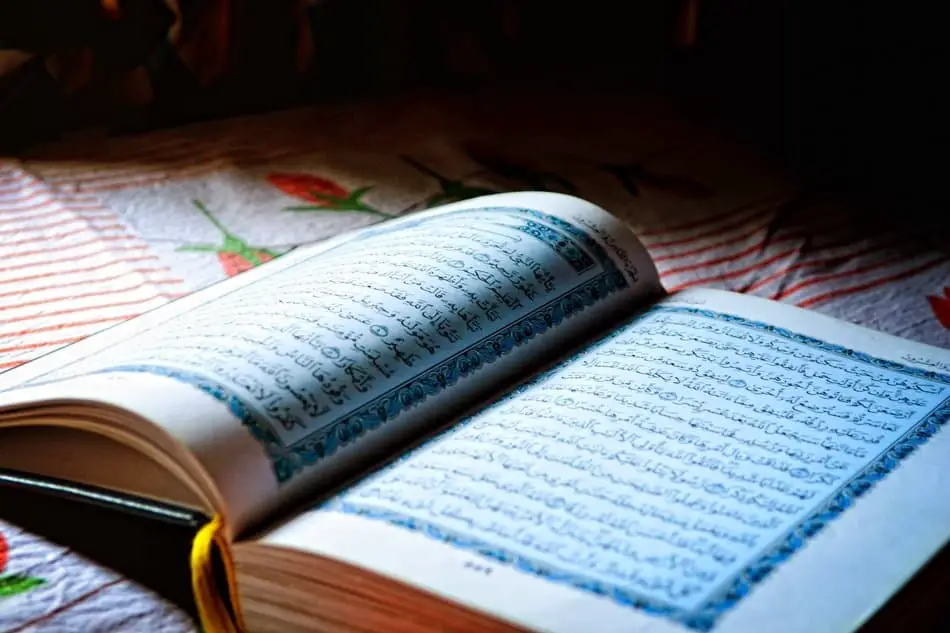
6. Were You Worried What people Might Think If You Converted To Islam?
Yes!
It took me a while to make the decision to become a Muslim. I was worried what other would say, but felt terrible that I was delaying it.
When the 2001 terrorist attack occurred on the New York World Trade Center, I was horrified.
People around me were more than ready to paint blacken the name of 1.8 billion Muslims around the world because of the actions of a crazy few.
I found myself defending Muslims all the time. I got fed up doing that all the time and decided I was not going to be controlled by the opinion of others and my own fear.
So, late in 2001, two months after the attack, I converted to Islam and joined my brothers and sisters in faith.
7. How Did Your Family React When You Became A Muslim?
They did not understand my decision. They knew that I had been asking questions and studying the religion, but after my conversion, my parents were concerned for my safety.
All my friends didn’t seem to mind and most were curious and asked me many questions to know more.
8. Was It Easy For You To Begin Wearing The Islamic Headscarf?
At first, no! However, today, I wear my headscarf (Hijab) with pride.
My scarf does not tie my hands behind my back, and it is not a tool of oppression. It doesn’t prevent thoughts from entering my head and leaving my mouth.
I was raised believing that Islam treats women like chattel and that women in the East are forced by their husbands to cover their bodies out of shame and a sense of ownership.
Those ideas were difficult to let go.
Then one day. I asked a Muslim woman why she wears the headscarf. She replied,
‘I do it to please God and to be recognized as a religious woman who refuses to be harassed and demands respect.‘
She wore it to protect herself from the male gaze. She went on to explain that her modest way of dressing is a symbol to the world that the body of a woman is not for exploitation and mass consumption.
Still not convinced, I began arguing that even though Muslim women cover, they are still second class citizens in the Islamic faith.
The Muslim lady was very patient with me and replied.
‘The Western world treats women as property. However, Islam teaches that men and women are equal in God’s eyes.’
She explained that women in Islam have many rights. It makes women’s consent to marry obligatorily. In Islam, women have the right to inheritance, to own property, to run businesses, and to work in government.
She detailed a long list of rights that women have being enjoying for 1,400 years before women’s liberation and suffragettes were ever dreamed of in the West.
In the end, Islam appealed very much to my feminist ideals.
9. Did you Marry A Muslim Man And How Did You Meet Him?
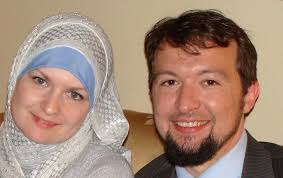
Yes! You’d be surprised to know that I had an arranged marriage.
The rejection and alienation I experienced after I had become Muslim caused me to want a family of my own.
No one forced me to marry my husband. My dad didn’t even have a say in my choice of husband
As a new Muslim, I learned that there is a better way to find love and a lifelong partner.
I decided then I wanted an arranged marriage. So I wrote up a list of 30 requirements in a husband that were dealbreakers.
I searched, interviewed, asked friends and their families to suggest someone suitable for me. I know that I wanted to marry someone who like myself had also converted to Islam.
I wanted him to be in the same place as me and to go where I wanted to go Islamically speaking.
Thankfully, the parents of a good friend suggested my now husband.
He is a convert to Islam from Mobile in Alabama. He lived only two hours away.
18 years later, we are still happily married.
10. What’s It Like To Be A Muslim Living In America?
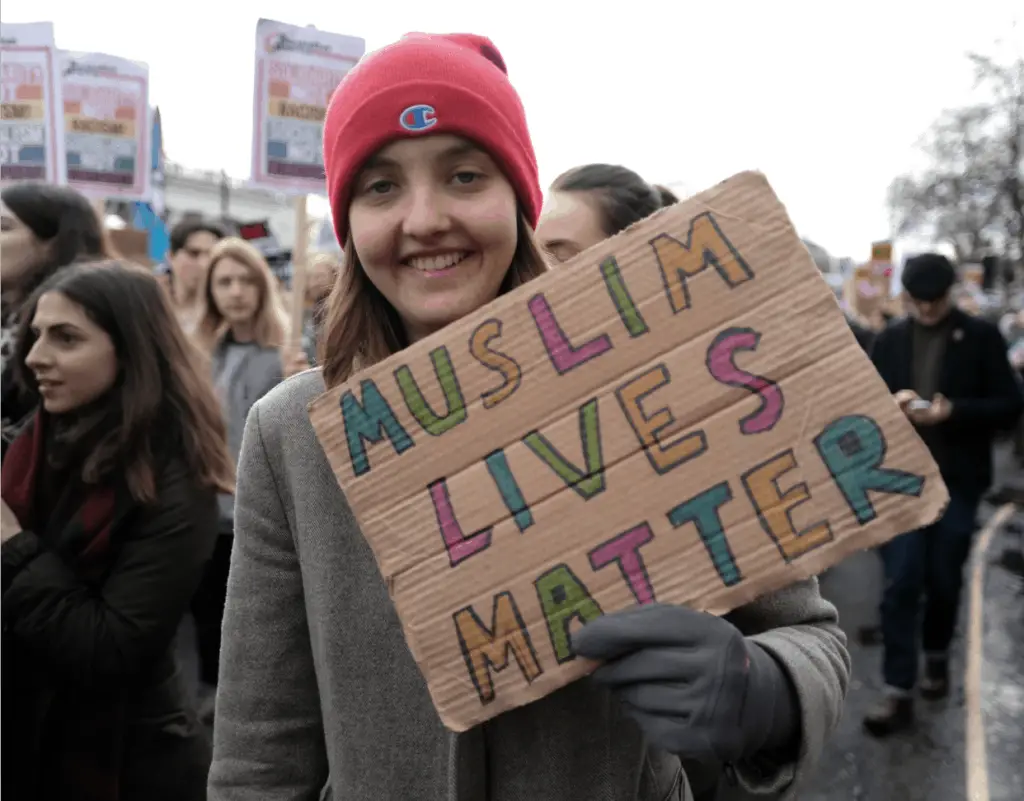
It is not easy.
People spat on me. Others threw eggs at me, and cursed me from passing cars.
Things got better when I moved back to New Orleans in 2012. I began to feel safe again.
However, all that changed when ISIS came on the scene. The news reports about this unIslamic group provoked people to treat me in much the same way as I had experienced in the past in other cities.
It upsets me that such groups exist. They call themselves Muslims but their actions distort and misappropriate Islam for their own political ends.
It is terrible that millions of Americans see my religion as represented by the images of ISIS. It distresses me to know that people hate me because of my religious beliefs.
Of course, ISIS does not present the views and outlook of millions of Muslims worldwide.
I have since come to understand that Muslims are in many shapes and sizes. They have different languages, ethnicities, and nationalities.
The vast majority of Muslims desire to live in peace and harmony.
They just want to live normal lives. Even if we disagree, that does not mean that we should disrespect each other.
Above all, I know in my heart that my fellow Americans will not succumb to their fears and prejudices and will come to learn the same.
References
I’m A Feminist And Converted To Islam – CNN
7 Things I Did Not Expect When I Converted To Islam -About Islam
-About Islam
